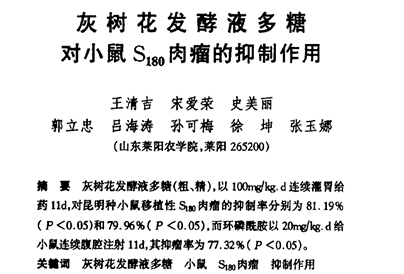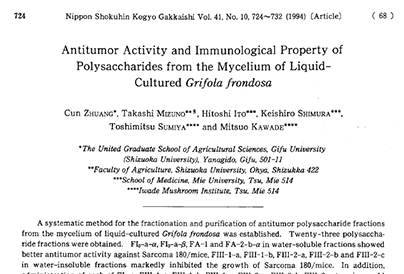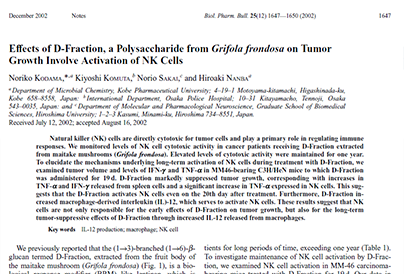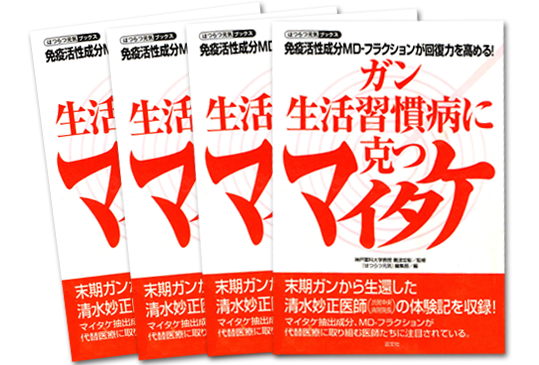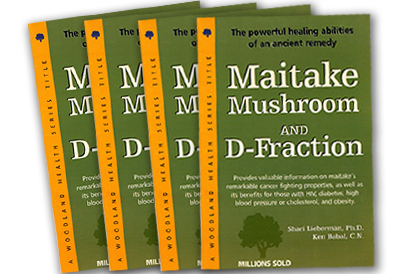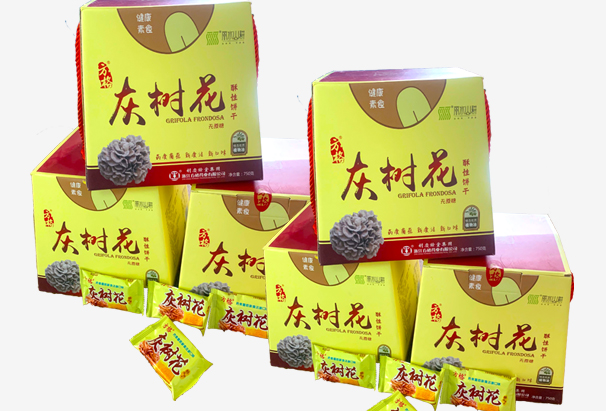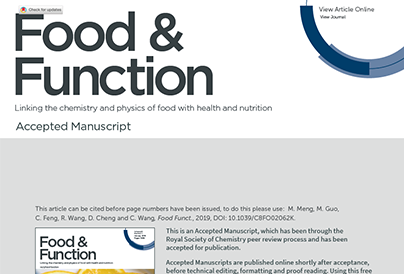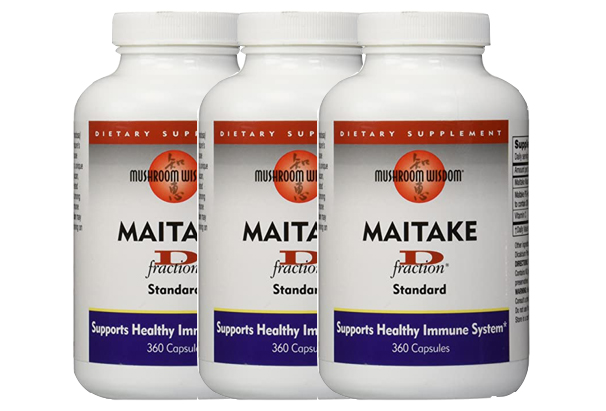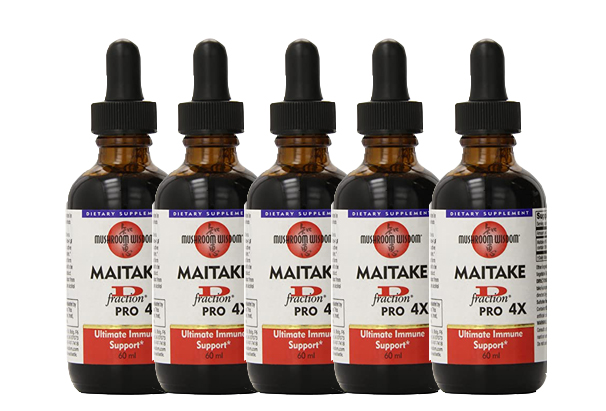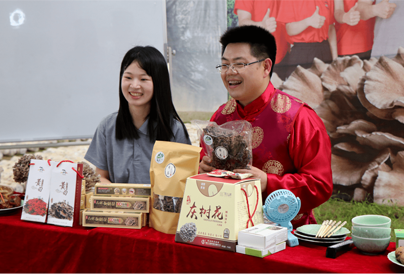In the previous sharing, we learned that most cancer patients are more or less malnourished. So, in this issue of sharing, we will analyze how much malnutrition will affect our immune system?
We all know that only after the cells get the nutrients they need, the body can maintain a good state, so that the body's metabolism can be improved.
The same is true for our immune system, which naturally needs a lot of nutrients to maintain its function. On the one hand, the immune system needs all kinds of nutrients to create more immune cells. On the other hand, whether this immune army is strong or not depends on whether the food is sufficient.
Objectively speaking, the human body’s immune system needs to synthesize antibodies, protein components necessary for complement, create fat components necessary for immune cells and tissues, as well as vitamin C, β-carotene, vitamin A, vitamin E, vitamin D, vitamin B6, and trace amounts. Elements such as zinc, selenium and iron are various nutrients. Lack of these basic nutrients will make our immune system hungry.
Imagine that if we ourselves are hungry, we will be dizzy. When immune cells are hungry, their recognition ability, response ability, adjustment ability, and memory ability will be greatly affected, and a large part of the combat ability will be lost.
As the tumor itself is a wasting disease, tumor cells compete with normal cells for nutrients all the time. Even if the patient's intake of calories and nutrients is insufficient, tumor tissue cells can still decompose and utilize nutrients such as muscle, adipose tissue and glycogen in the body in a "predatory manner" to supply the constantly growing tumor tissue cells.
The food we eat every day is limited, and most cancer patients are already suffering from malnutrition due to various factors caused by the tumor itself or treatment. In this limited nutrient intake, we still have to separate a large part of it to supply tumor cells, and the nutrients that immune cells in our body can enjoy are even scarcer. This is not only detrimental to the synthesis of immune cells, but also detrimental to the synthesis of immune cells. Maintaining the activity of immune cells is not conducive to improving the ability of immune cells.
Scientific research confirms the same. In the tumor microenvironment, the function of tumor infiltrating immune cells is inhibited due to the competition of nutrients with tumor cells.
Immune cells not only have to compete with tumor cells for nutrition, but tumor-associated fibroblasts (CAFs), as an important part of the tumor microenvironment, can interact with the components in the tumor microenvironment by secreting a variety of biological information, thereby affecting The development of tumors. Immune cells in the tumor microenvironment cause energy imbalance due to the competitive consumption of nutrients, which affects their anti-tumor immune function.
Tumor cells can use both glycolysis and oxidative phosphorylation (OXPHOS). However, no matter what method the tumor cells use to supply energy, the effect of T cells in killing tumor cells can be inhibited. Even when the tumor cells are in the stationary phase, although the demand for metabolic nutrients is reduced, the T cell response can only be caused when the tumor antigen expression level is higher than the threshold. The tumor cells can evade immune surveillance by making the tumor antigen expression level below the threshold. T cells still cannot effectively play the function of killing tumors.
In addition, cancer patients have abnormal metabolism of nutrients, which will also affect the immune system.
Nutritional metabolism refers to the process of energy production and utilization accompanying the metabolism of the three major nutrients in the body. The body has different characteristics of nutrition metabolism under different physiological or physical conditions. The influence of the tumor itself and the influence of the body on the tumor make the nutrition metabolism of the tumor host have a certain macroscopic specificity. It is manifested by increased resting energy metabolism (rsigenegyepnure, REE), insulin resistance and glucose utilization disorders, decreased muscle protein synthesis and increased decomposition, decreased utilization of exogenous fat, and increased endogenous fat mobilization.
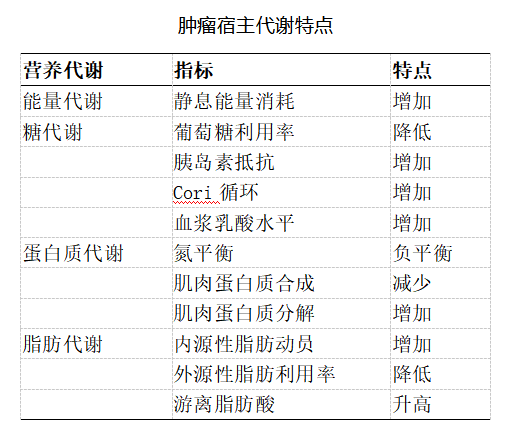
REE refers to the energy consumption of the body under fasting for 3 to 4 hours and resting at rest, accounting for about 60% to 70% of the total energy. Increased energy consumption in cancer patients increases REE. Although the REE of different tumor patients varies greatly, the average REE level of tumor patients is >110%, which indicates that tumor patients are in a high metabolic state as a whole.
Under physiological conditions, an increase in REE will cause an increase in food intake to meet the body's energy needs. However, for cancer patients, the feedback adjustment mechanism between REE and food intake is lost, resulting in their food intake not increasing with the increase of REE, or not increasing to the expected level, resulting in a huge energy difference, and then Lead to malnutrition. The decrease in cell turnover rate and protein synthesis rate caused by malnutrition is the most important factor causing host immune function defects. It can be manifested as abnormal immune prevention function, immune stabilization dysfunction, and decreased immune surveillance function.
Abnormal glucose metabolism in cancer patients is mainly manifested as a certain degree of insulin resistance and glucose utilization disorder.
Glycolysis of tumor cells can affect the immune signal pathway and the immune function of the host through many ways. First of all, studies have shown that activated T cells need to maintain cell growth, proliferation, and immune function through aerobic glycolysis. Phosphenolpyruvate (PEP), an intermediate product of glycolysis metabolism, can increase intracellular calcium ions. Signal, promote the activation of nuclear factor of activated T cells (Nuelearfactor of Acliated T cel, NFAT). Due to the glucose metabolism competition of tumor cells, the glucose concentration in the tumor microenvironment is reduced, and the aerobic glycolysis of T cells is limited. Due to the lack of the role of the metabolic intermediate product PEP, the calcium ion signal in T cells is reduced, and nuclear NFAT activation is weakened, resulting in A large number of defective T cells are activated.
In addition, studies have confirmed that glyceraldehyde-phosphate dehydrogenase (GAPDH) can act as a glycolytic enzyme as well as an RNA binding protein to inhibit IFN-γ and IL-2 in T cells. The protein translation inside causes T cell dysfunction, which affects the immune function of the host.
Simply put, this is the competition of carbohydrate metabolism of tumor cells, which affects the tumor microenvironment, making T cells unable to grow well, becoming defective, and unable to exert their due effects. This is like putting a freshwater fish into seawater. Although seawater is also water, freshwater fish cannot adapt to the concentration of seawater and cannot survive.
Abnormal protein metabolism or amino acid metabolism is mainly manifested as decreased muscle protein synthesis and increased decomposition, increased protein conversion rate, hypoalbuminemia, abnormal amino acid metabolism profile and negative nitrogen balance. Amino acids are essential for the biosynthesis of immune cells, including protein synthesis and nucleotide synthesis.
In addition, amino acids can also be directly metabolized to produce immunomodulatory molecules, such as nitric oxide. Glutamine, methionine, tryptophan, arginine, and leucine are vital to the nutritional metabolism of the host's immune cells, especially lymphocytes. Due to the metabolic consumption of tumor cells, the tumor host can lead to the lack of the above-mentioned amino acids, thereby impairing the immune activation response. Glutamine deficiency can seriously affect the function of lymphocytes and thymocytes. The consumption rate of glutamine is even higher than that of glucose when the above two cells are activated. The proliferation of T cells and the production of cytokines induced by mitogens are required High concentration of glutamine.
The effect of tryptophan on immune function is mainly manifested in two aspects: First, tumor cells themselves can express indoleamine 2,3-dioxygenase (IDO), IDO is in addition to liver The only rate-limiting enzyme that can catalyze the catabolism of tryptophan along the kynurenate pathway can lead to tryptophan depletion. T lymphocytes are extremely sensitive to the lack of tryptophan, which can block them in the G1 phase of the cell cycle. At the same time, the lack of tryptophan can also cause the inactivation of the mTOR cell pathway, decrease the glycolytic ability of T cells and prevent the proliferation of T cells ; Second, the metabolites of tryptophan consumed by tumor cells, such as 3-quinolinic acid, can induce T cell apoptosis.
In addition, in addition to serving as nutrients, certain amino acids are also important signaling molecules. Some important immune response signaling pathways, such as mTORC1, CMYC, and GCN 2, are very sensitive to changes in amino acid levels and changes in the amino acid profile of tumor hosts. It can also lead to abnormal immune function.
The main changes of abnormal lipid metabolism in cancer patients are high serum free fatty acids, decreased utilization of exogenous fat, and increased endogenous fat mobilization. The energy metabolism of normal people mainly relies on sugar metabolism for energy, and does not use lipolysis, while tumors can produce a series of active factors that break down lipids, including inflammatory factors (such as TNF-α) and hormone sensitive lipase (HSL) , Lipid-mobilizing factor (LMF/ZAG) and glucocorticoids, these molecules exist in the early stage of the tumor, so the abnormal lipid metabolism is one of the early changes of the tumor, and the host has endogenous before body mass loss Sexual fat mobilization, free fatty acid increase phenomenon.
Under normal circumstances, there are two enzymes that regulate fat metabolism in the body: HSL and lipoprotein lipase (LPL). HSL is the rate-limiting enzyme that hydrolyzes triglycerides into glycerol and free fatty acids in fat cells. Taylor et al. showed that the activity of HSL in patients with ovarian cancer was enhanced, 2.3 times that of normal people, suggesting that HSL may be the main cause of lipid metabolism disorders in patients with ovarian cancer. LPL mainly catalyzes the hydrolysis of triglycerides in chylomicrons and very low density lipoproteins to fatty acids and monoacylglycerols. The degree of body weight loss in cancer patients is positively correlated with the degree of LPL activity decline. For example, lung cancer patients have decreased LPL activity and have more obvious body weight loss; while breast cancer patients have basically normal LPL levels and have the least significant body weight loss compared to other tumors.
Serum free fatty acids of tumor hosts are elevated. In addition to serving as nutrients, free fatty acids can also act as ligands for G protein coupled receptors (GPCR). Many immune cells include macrophages and neutrophils. Cells, T cells, and dendritic cells have been confirmed to express GPCR receptors for free fatty acids. These receptors can be divided into short-chain, medium-chain, and long-chain fatty acid receptors according to the number of carbon atoms of the fatty acid. Among them, short-chain fatty acids mainly include acetic acid, propionic acid, isobutyric acid, butyric acid, isovaleric acid, and valeric acid. Butyric acid and propionic acid can promote the acetylation of FoxP3 sites in Treg cells and induce FoxP3 protein expression. FoxP3 is a key transcription factor for Treg cell development and immunosuppressive function.
To sum up, once malnutrition occurs, our immune army will lack sufficient food and grass, and it will be prone to malaise, and it will be difficult to improve the level of immune activity. It can be said that in the battle between immune cells and tumor cells, nutrition is one of the keys to determine the outcome of this war.
In order to win this war, we must not only ensure that our body needs sufficient basic nutrition, but also need some special precise nutrition to ensure that our immune activity level is at a high level.
References:
1. 石汉平,崔久嵬. 肿瘤免疫营养[M]. 北京:人民卫生出版社. 2018.
2. 石汉平,凌文华,李薇. 肿瘤营养学[M]. 北京:人民卫生出版社. 2012.


